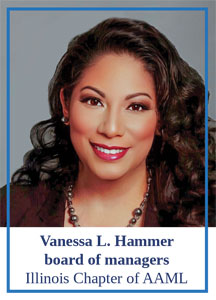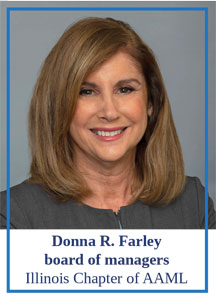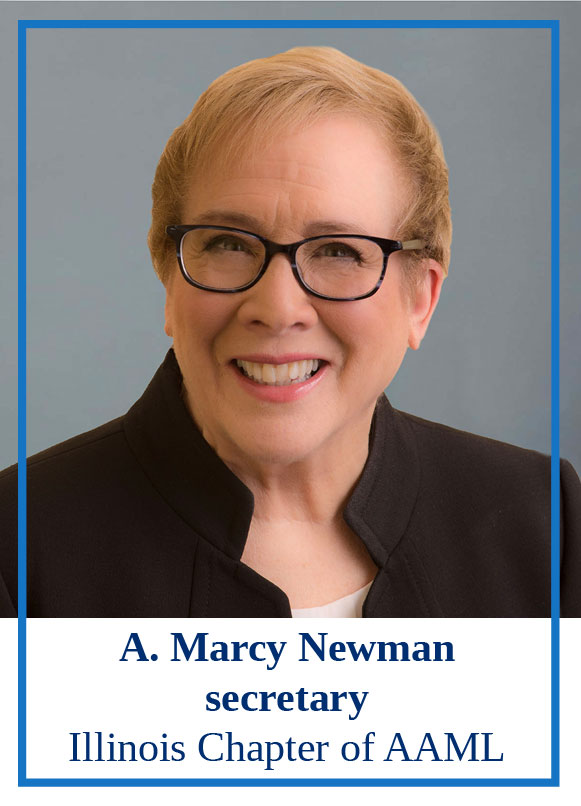Why do family law attorneys care about Law Day?
Illinois Fellow
American Academy of Matrimonial Lawyers
May 2022

In 1961, the U.S. Congress designated May 1 as "a day of national dedication to the principles of government under law," enshrining the concept of Law Day that was established in 1958 by President Dwight D. Eisenhower. This year, Law Day commemorates "The Constitution in Times of Change." But most family law cases involve state statutes and case law: in general, the Constitution doesn’t apply.
And yet, by providing an aspirational creed, an outline for governance, a mechanism for the allocation of power and an articulation of rights, the Constitution embodies the quest to promote and pursue the concepts of fairness and progress. And in no area of law are these more fundamental than in family law.
More than in most other areas of law, clients served by family law attorneys present myriad, unique contexts and circumstances that bear on their claims. Our clients can be married or unmarried, with or without children (whether biological or adopted). They cover the entire gamut of identifiers—racial, ethnic, economic, gender, sexual orientation, religious, educational, vocational—that characterize America.
Attorneys and judges must navigate intersecting areas of law, including bankruptcy, personal injury, employment, immigration, trusts and estates, criminal and real estate law. Because our field presents such a diverse client base, and because it is the most intimate and personal of legal practices, it challenges the court and legal systems to operate as broadly and dynamically as possible. As a result, the underlying message of Law Day—the idea that "government under law" can prove flexible in its application to a diverse population—has perhaps the most relevance for family law attorneys and litigants.
In addition to serving their individual clients, family law attorneys can offer critical assistance to other legal professionals.
- In cases involving corporate buy-sell agreements, certain trust agreements and other contracts, documentation often references an array of issues that intersect with matrimonial law. Among these are access to income, terms for repayment or forgiveness of debt, asset control rights and valuation of property.
- Settlements in employment and other professional disputes can have family law implications for situations in which a litigant recovers for injuries or claims arising during the marriage. In a divorce proceeding (depending on the jurisdiction), such seemingly straightforward provisions and agreements might be interpreted by a divorce court so as to place greater reliance upon principles of equitable distribution found in domestic relations law.
Thus, the value and benefit of experienced matrimonial law counsel can extend well beyond the simple representation of a husband or wife and the individual issues of marital assets, custody rights and spousal or child support.
To best serve our range of clients, whose diverse problems often call for unique approaches, the Illinois court system addresses family law matters with a flexibility designed to promote equity, a preeminent consideration in our field. Domestic relations courts, known as “courts of equity,” allocate marital property to achieve “equitable division.” But what is the practical application of this emphasis for people living in an increasingly multicultural society? In an era of historic shifts in demography, mobility, work/life balance, economics and moral norms?
Fortunately, the structure of family law permits it to adapt to real-world shifts with unusual agility. From issues such as co-parenting, relocation, spousal and child support, and division of assets, the law is equipped to yield results consistent with the tenor of the time. In our practices, we have seen remarkable shifts in accepted norms on all of those issues and more. As culture and circumstances continue to evolve, these new norms will be subject to additional shifts, and the law should evolve accordingly.
Certainly, the law, the legislature and the judicial system are not perfect. As with most human endeavors, they derive from a complex mix of compromise, tradition and aspiration. Then they are mediated by individual legislators and judges subject to the commitments and biases endemic to humankind. Significant inequities persist and require additional calibration.
But on a day of commemoration such as Law Day, we can look back at where we have been to survey where we are, and then look forward to where we want to go. The trajectory we chart will not be free of controversy or conflict. But under the rubric of the Constitution, we have a robust system of law by which to resolve, procedurally and substantively, family law issues in the interest of fairness, equality and equity—ideals that hold particular significance in the practice of family law.

Reach him at bhammer@sdflaw.com and 312-578-7108

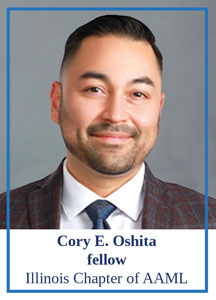 Why did you apply to become a Fellow of the AAML?
Why did you apply to become a Fellow of the AAML?
 Why did you apply to become a Fellow of the AAML?
Why did you apply to become a Fellow of the AAML?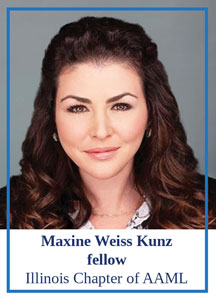 What do you find rewarding about being a Fellow of the AAML?
What do you find rewarding about being a Fellow of the AAML? What do you find rewarding about being a Fellow of the AAML?
What do you find rewarding about being a Fellow of the AAML? What do you find most rewarding about being an AAML Fellow?
What do you find most rewarding about being an AAML Fellow?



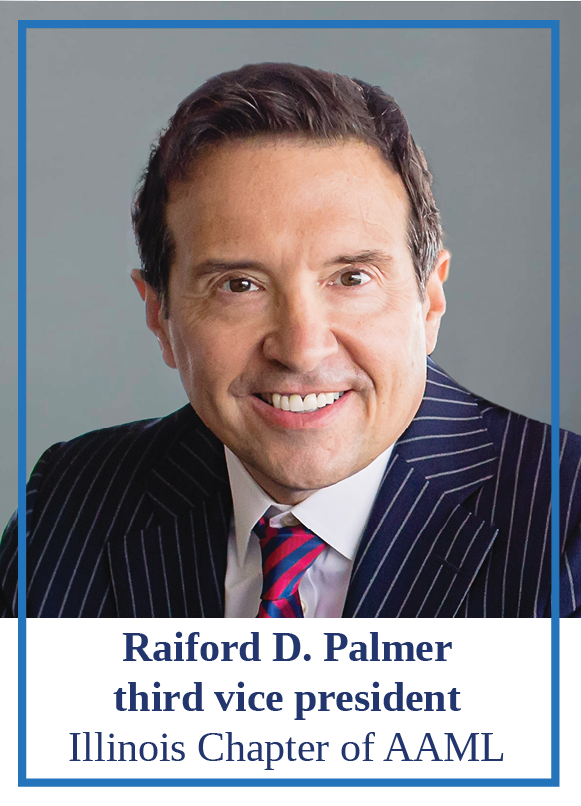 What do you find rewarding about being a Fellow of the AAML?
What do you find rewarding about being a Fellow of the AAML? What are you most looking forward to in the following year, personally and or professionally?
What are you most looking forward to in the following year, personally and or professionally?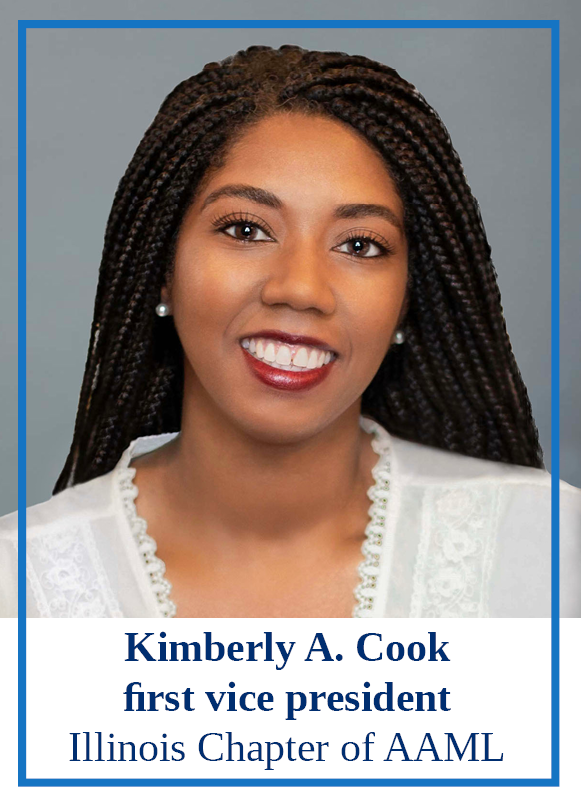


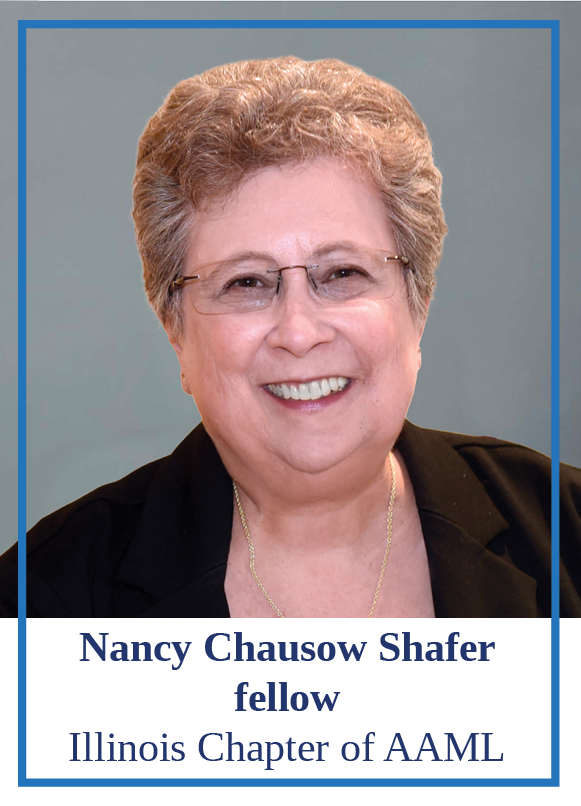 What area of family law do you find most interesting?
What area of family law do you find most interesting?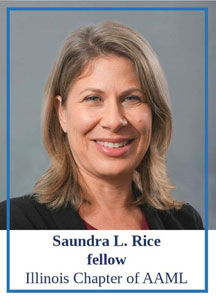 Why did you apply to become a Fellow of the AAML?
Why did you apply to become a Fellow of the AAML?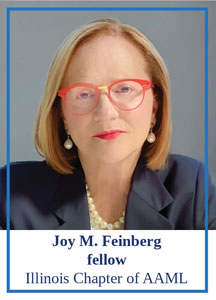 Why did you apply to become a Fellow of the AAML?
Why did you apply to become a Fellow of the AAML? Why did you apply to become a Fellow of the AAML?
Why did you apply to become a Fellow of the AAML?